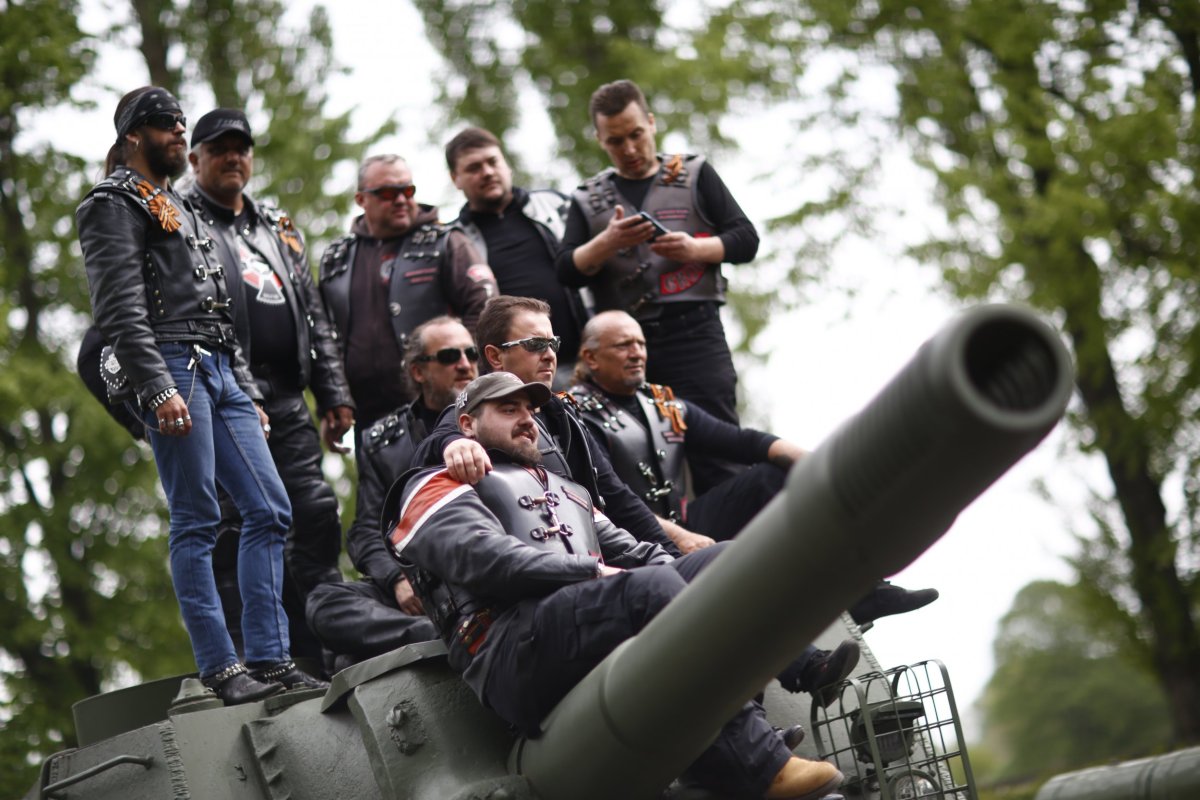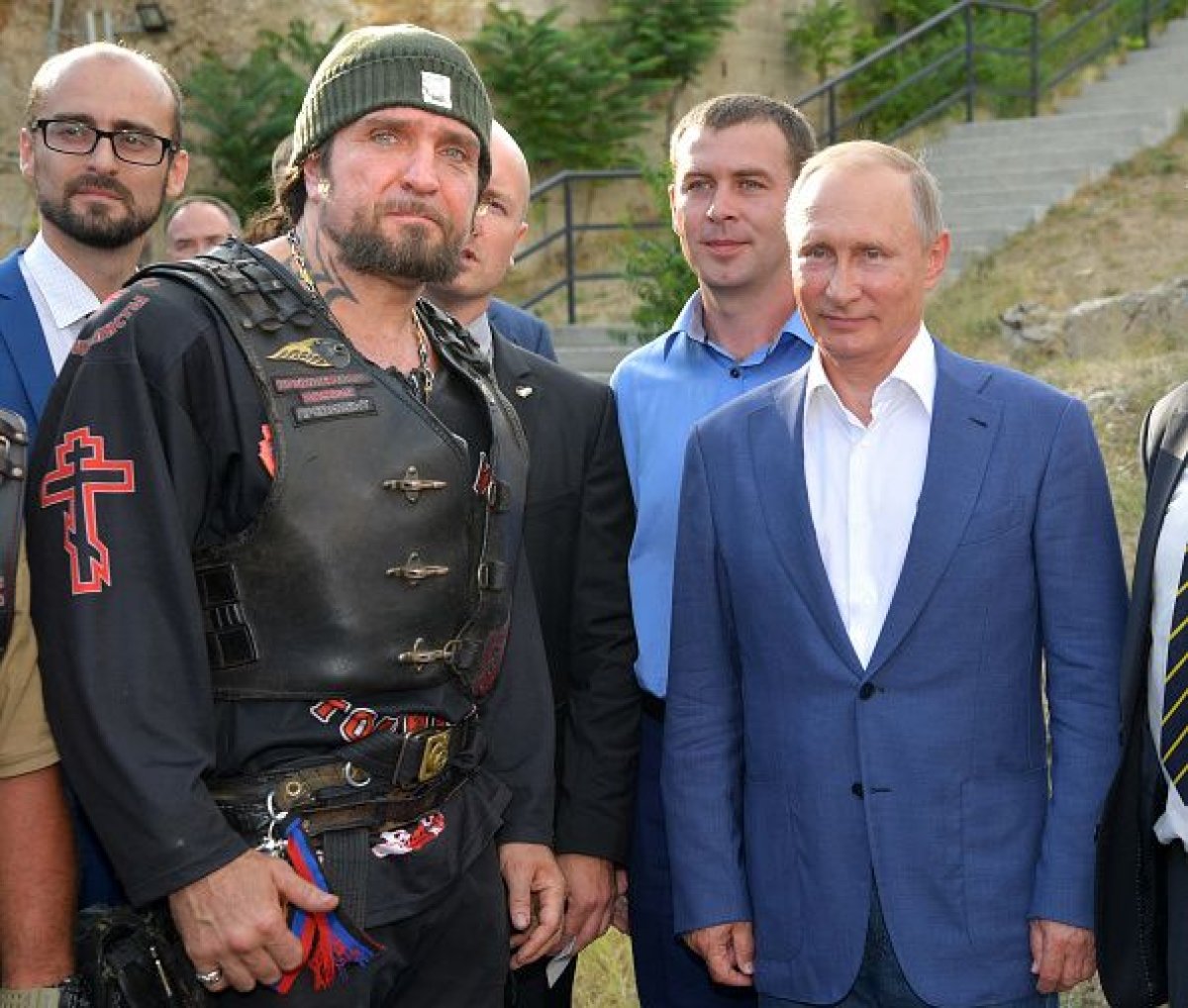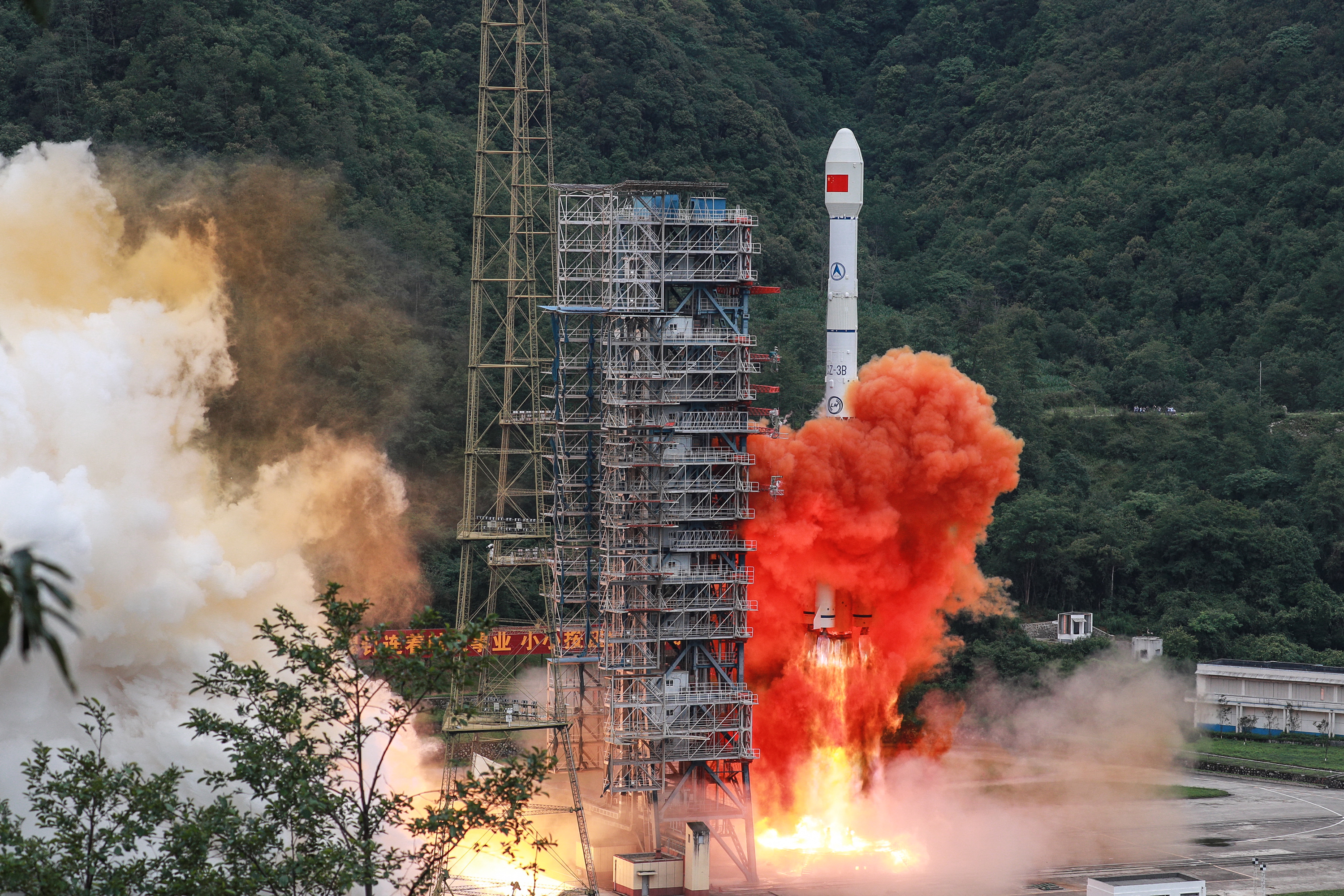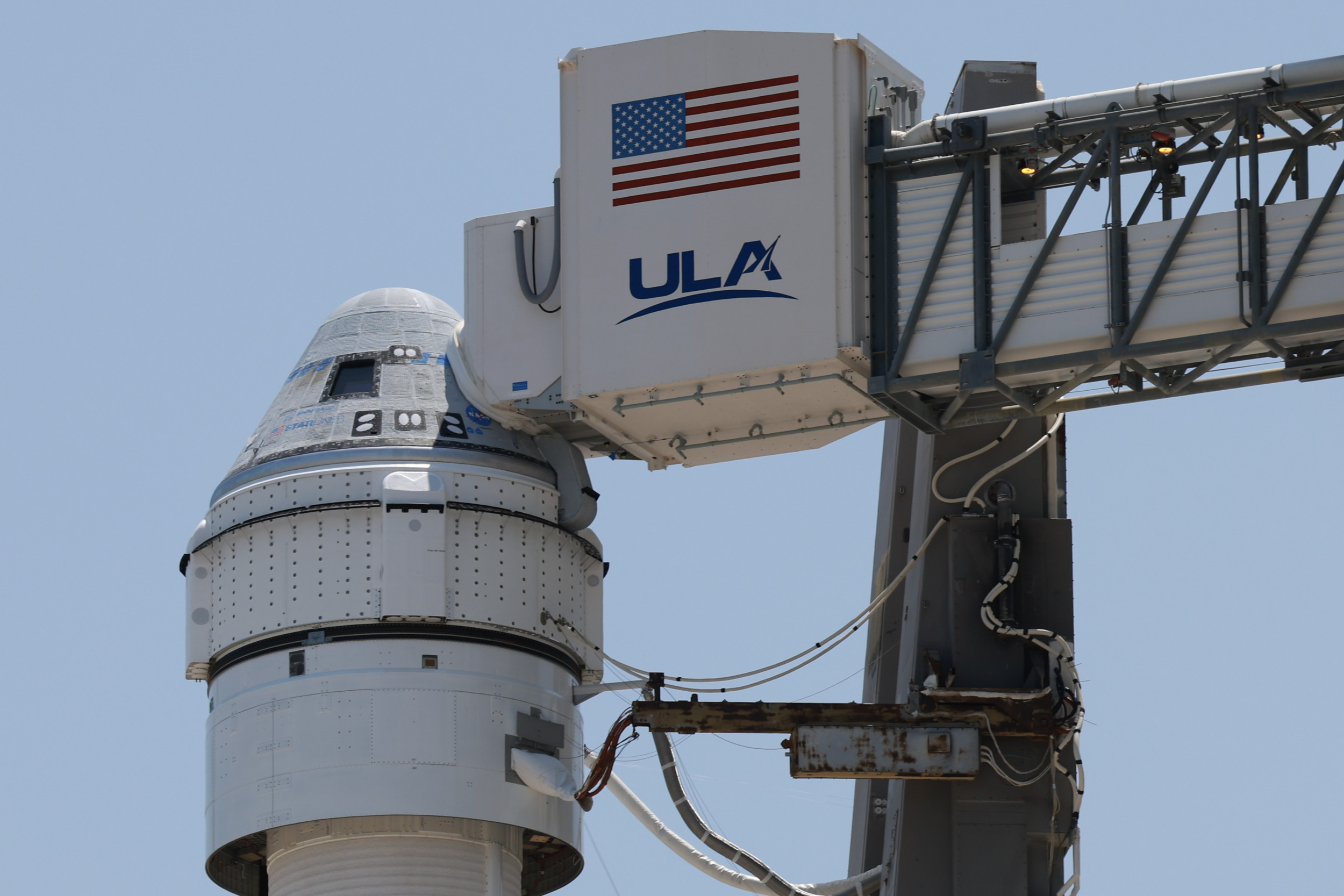An infamous, Kremlin-linked biker gang is taking a trip to the heart of Europe, where it will ride around under the slogan "Russian Balkans."
The tour will bring at least 15 members of the biker gang known as the Night Wolves into Serbia and Bosnia to "research the cultural influence of the Russian empire in the Balkans," according to information obtained by Newsweek. The group will tour the Balkans for around nine days beginning on March 19—and may meet with political representatives from the ethnic Serbian region of Bosnia.
The U.S. government has sanctioned the Night Wolves for their involvement with anti-Western and pro-Russian separatist movements in Ukraine. They have also been linked to Russia's Special Forces, and have reportedly carried out armed attacks on Ukraine's Navy.
Now some experts say the motorcyclists may be aiming to stoke similar anti-Western sentiment in the Balkans, a region with a complicated history of ethnic tensions, separatism, armed conflict, and competing influences from Russia and the West.
"If you look at what these people do, they inspire an extremist ideology and they are connected to different groups that inspire extremism," Reuf Bajrovic, a former politician in Bosnia, told Newsweek. "I see this as part of their greater strategy, destabilizing the Balkans in something they've been saying that they want to do."

Some analysts argue that Russia is intent on provoking a Ukraine-like situation in the Balkans. In an interview with Serbia's Beta news agency on February 19, just days before visiting Serbia, Russian Foreign Minister Sergei Lavrov accused the U.S. and some European countries of stoking tensions in the Balkans by making countries there choose between the West and Russia. Similar accusations were levied against the West in the lead-up to the conflict in Ukraine.
Russia has continued to deny its involvement in the ongoing armed conflict in Ukraine. But Russia's military doesn't have to destabilize foreign countries directly, because its proxy groups like the Night Wolves are willing to work on the Kremlin's behalf, experts say. In fact, some say the Night Wolves have already started to forge ties with pro-Russian politicians in the Balkans.
"The visit is problematic because this is a criminal, paramilitary organization, a direct proxy of the Kremlin, beginning to more and more overtly establish overt political connections with the secessionist regime of [Bosnian-Serb politician] Milorad Dodik and the increasingly autocratic government of [Serbian President] Aleksandar Vucic," Jasmin Mujanovic, a Balkans analyst, told Newsweek. "These are individuals who are veterans of the conflict of Ukraine, some of them likely have experience in the Yugoslav wars as well, and who have a track record of acting as Putin's shock troopers."

Mujanovic also expressed concern that the Night Wolves may be passing financial resources or arms from Russia to politicians in Bosnia who have separatist aims. Local media reports claimed that the Russian embassy in Serbia and members of the Russian and Serbian Orthodox churches had been involved in planning the Night Wolves' travel route through the Balkans.
Some regional experts, however, warn against mythologizing Russia's influence in Eastern Europe. During a presentation on Thursday at the London School of Economics to promote his new book on Russia's activities in southeastern Europe, Bulgarian expert Dimitar Bechev argued that Russia isn't especially influential in the Balkans despite its continued presence there.
Regardless of whether or not Russia has influence, the Night Wolves' leadership evidently believes the gang is on a historic mission.
"Our motorcycles are spaceships under the stars, through which we write history, forever linked with the fight for Russia's future," Alexander Zaldostanov, the Night Wolves' leader, who goes by the nickname the Surgeon, said in a recent interview with the Serbian newspaper Serbian Voice.
Uncommon Knowledge
Newsweek is committed to challenging conventional wisdom and finding connections in the search for common ground.
Newsweek is committed to challenging conventional wisdom and finding connections in the search for common ground.
About the writer
Cristina Maza is an award-winning journalist who has reported from countries such as Cambodia, Kyrgyzstan, India, Lithuania, Serbia, and Turkey. ... Read more
To read how Newsweek uses AI as a newsroom tool, Click here.






